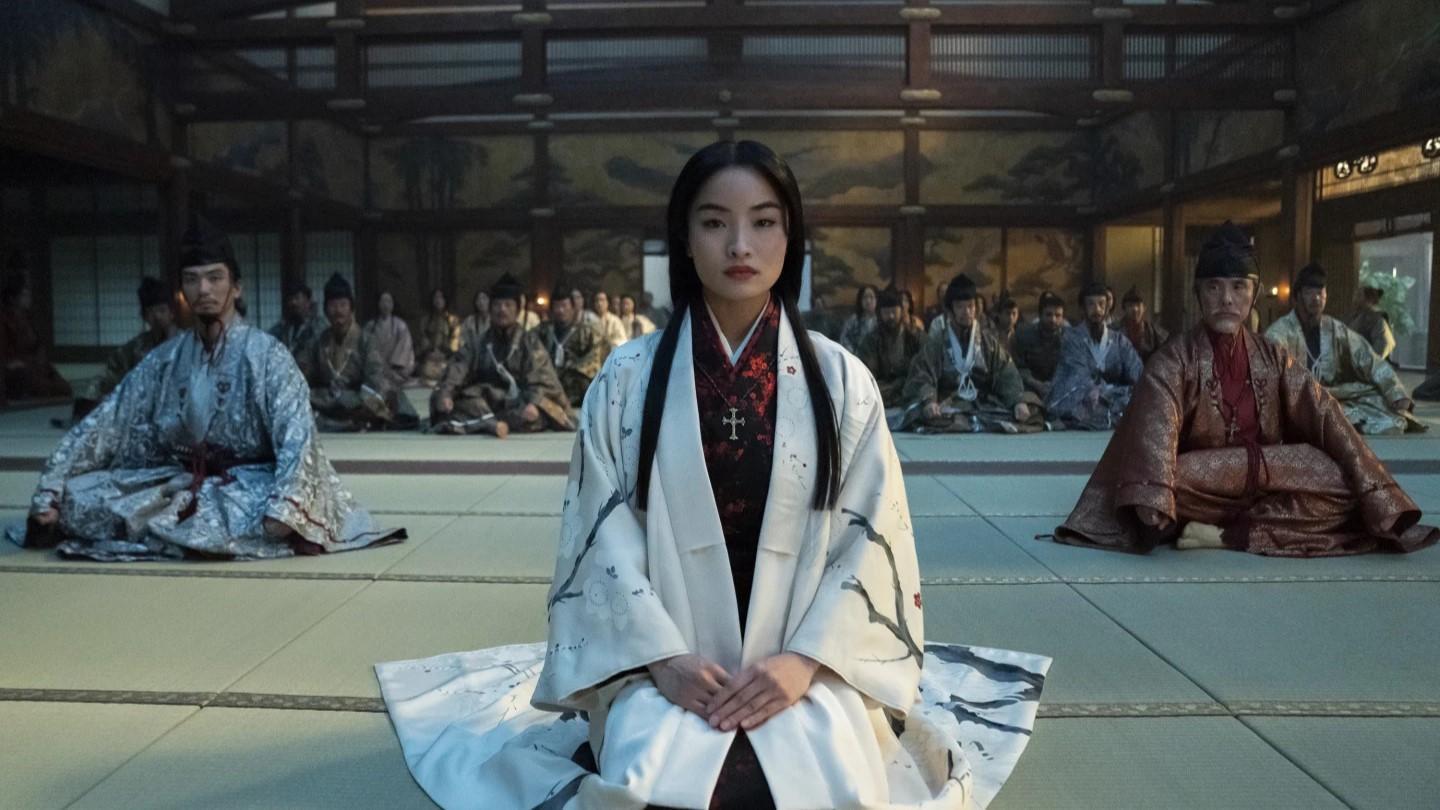Demand for Japanese content booms post 'Shogun'
TOKYO

Fuelled in part by the success of TV hit "Shogun," foreign studios are hungry for quality Japanese content and local creators are adapting to meet demand.
Fans of Japanese manga and anime cartoons have often criticised foreign adaptations that are unfaithful to the original material.
But "Shogun," based on the 1975 novel by Australian-British writer James Clavell, broke the mould when the period drama series — mostly in Japanese and hailed for its authenticity — won 18 Emmy awards in September.
Other recent Japanese works have also become worldwide hits.
Franco-US-Japanese show "Drops of God," based on a manga of the same name, won best drama series at the International Emmy Awards in November.
Netflix's 2023 adaptation of the manga superhit "One Piece" — starring Mexican actor Inaki Godoy as the lead was hailed by viewers and critics alike and will return for a second season.
More adaptations of major manga and anime hits are in the works, including the superhero adventures of "My Hero Academia" and the ninja escapades of "Naruto.”
"Demand from Western markets is clearly increasing," said Kaori Ikeda, managing director at TIFFCOM, the content trade fair affiliated with the Tokyo International Film Festival.
But Japanese companies lack "know-how" when it comes to things like negotiating rights, she told AFP.
So TIFFCOM has organised Tokyo Story Market, a space to facilitate networking and meetings between international producers and Japanese publishers.
According to Makito Sugiyama, executive director at the Broadcast Program Export Association of Japan (BEAJ), Japanese broadcasters have become "better and better [at] presenting and marketing their content" abroad.
This includes their participation at global events such as MIPCOM in Cannes, an annual trade show for the television industry, Sugiyama said.
Japanese broadcasters have long had success selling show concepts abroad, like the one for "America's Funniest Home Videos," known in Britain as "You've Been Framed.”
Now, some Japanese dramas are also finding a wider echo abroad.
Nippon TV's original drama "Mother" became a hit thanks in part to its Turkish remake, and has been broadcast in around 50 countries.
Western viewers have overcome their initial reluctance to watch series with Asian actors, believes Masaru Akiyama, chief executive of the BEAJ.
"They have got used to it, they don't care anymore. They want to see, they want to feel the stories."
"Shogun" was "a game changer for Japan," he added, and Ikeda agrees.
"That a samurai story with such attention to historical detail can become mainstream entertainment is proof of the potential" of Japanese content, she said.
















